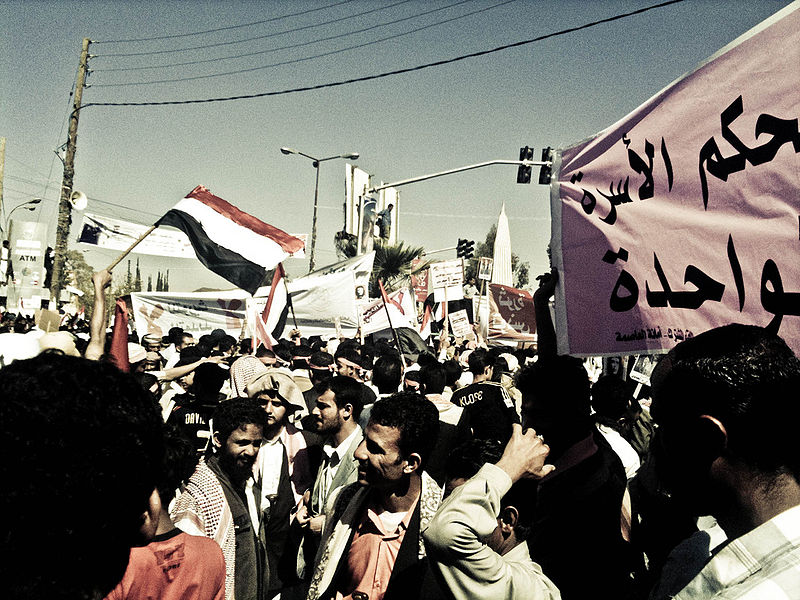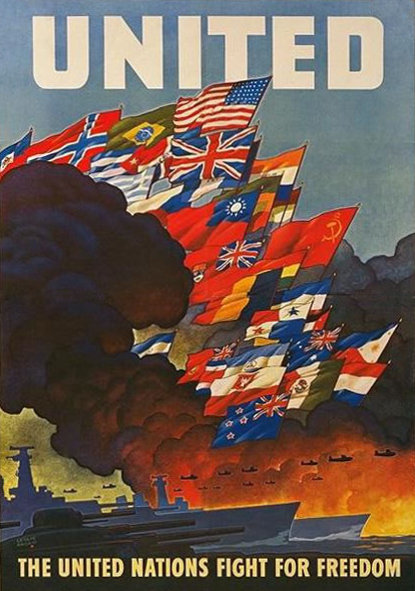It is a common misconception that terrorism and Islamic fundamentalism are the single greatest threats posed to peace and stability in the Middle East. Although these are incredibly important topics to discuss with respect to security and stability in the Middle East, they are not the be-all-and-end-all of the discussion. Sectarianism, and sectarian violence, is emerging as one of the dominant security and humanitarian threats in the Middle East. Its re-emergence after decades of slumber should be exceedingly worrisome for both local governments and the global community at large. Current conflicts in the region, such as Syria and Yemen, highlight the contemporary relevance of critically examining sectarianism in 2015. Questions, however, arise as to why sectarianism is a threat to the security of the region and who takes advantage of, or actively pursues, sectarian policies?
Firstly, sectarian preferences and divisions pick up on centuries old religious and ethnic tensions throughout much of the Middle East. Divisions along the lines of sect, tribe, religion, and ethnicity all create various intersectional identities present in national and sub-national populations. The diverse ethnic and religious make up of nations such as Syria, Iraq, Lebanon and Yemen creates fertile and opportune conditions for sectarian ‘flare-ups’ to transform into fully-fledged religious and ethnic conflict. In Syria, the devolution of political to sectarian conflict was marked, or at least reinforced, following the capture of Al-Qusayr by government forces and its Hezbollah allies. Ultimately, those who suffer most are the civilian and at risk minorities caught in between warring factions.
Secondly, and perhaps most significant for on-the-ground policy, sub-national, terrorist organizations and governments have a similar amount of input on sectarian violence. Sectarianism is a powerful and deadly tool in the arsenal of dominant states throughout the Middle East. States, like Iran and Saudi Arabia, make calculated and precise gestures to groups in neighboring countries in order to boost their own influence and power projection throughout the region. If formal confrontation or intervention is too costly, either politically or militarily, then more informal modes of demonstrating influence might be a more prudent option. The civil conflicts in Syria and Yemen speaks volumes to this situation, where ‘sectarian-factionism’ has been played up by both Iran and Saudi Arabia in order to safeguard their geo-strategic interests.
Alternatively, sectarian foreign policy preferences offer states a different tool with which to orchestrate their regional foreign policy. In some cases, sectarian pressures may compensate for lagging effectiveness in other foreign policy realms. Iran, for example, may turn to favor a more badgering and aggressive form of sectarian foreign policy now that the P5+1 talks have stripped back much of the perceived potency of its nuclear program. Renewed support for regional allies such as Hamas or Hezbollah and the Assad regime may offset perceived shortcomings on the part of President Rouhani’s foreign policy. For Iran in particular, the cultivation or development of the so-called ‘Shia-crescent’ represents a significant step in balancing against Saudi hegemony, not only in the Gulf region, but also throughout the rest of the Middle East.
Recent developments in Yemen have pushed an already turbulent civil war into an emerging sectarian conflict. The Houthis, backed by Shia superpower Iran, have made significant gains against the deposed government of President Hadi who is backed by Saudi Arabia and other leading Sunni states. The involvement of Iran and Saudi Arabia –whose support run along strict religious lines, is a sign of the evolution of a civil conflict into a larger cross-border sectarian episode. Outside involvement has inflamed the situation to a critical breaking point.
With weak central institutions, a state like Yemen is unable to adequately carry out programs of national reconciliation or to develop the constitutional, legal and political frameworks to encourage power sharing between the warring factions. Moreover, foreign sponsorship of local factions feeds into the narrative of sectarianism as a historically embedded part of the national and regional fabric.
It may seem, to the West, that sectarianism remains a distant trouble of a historically stressed region, but it is irresponsible to assume that this problem will remain limited to affecting local stakeholders. Sectarian narratives create a powerful rallying cry for popular mobilization, which is often leveraged and exploited by various actors involved in conflict to help achieve their strategic and political goals. Sectarianism does not discriminate between neighbors. Its ability to create multiple over-lapping conflicts throughout the region creates significant humanitarian, military and strategic dilemmas. Governments, both local and global, must strive to engage in holistic multilateral action in order to arrest this alarming trend.




